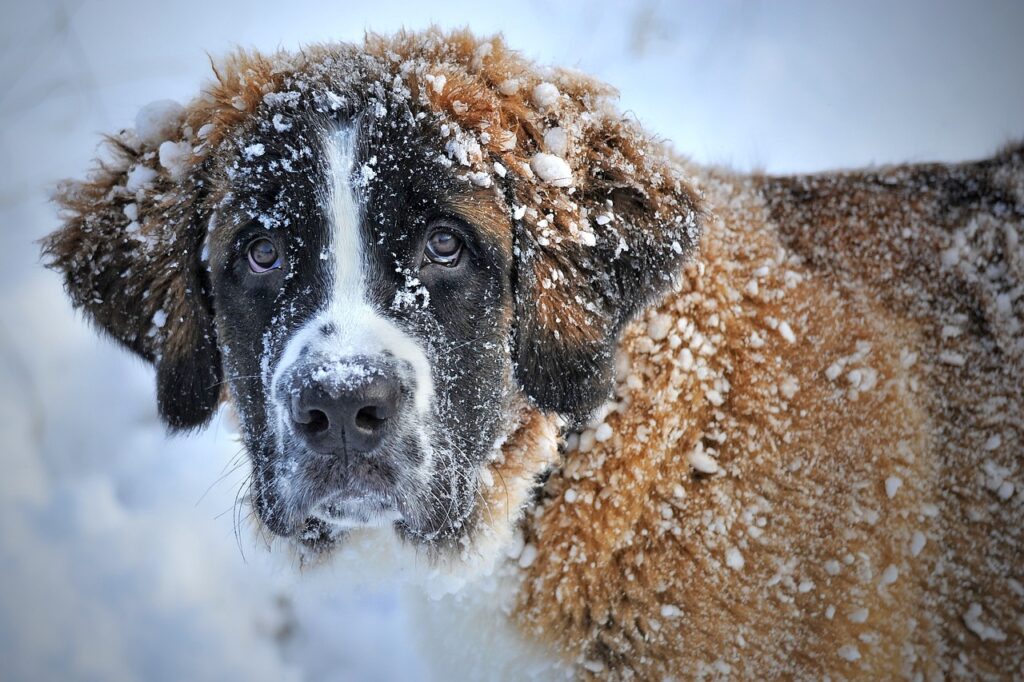Can Dogs Eat Licorice? – No, They Can’t
When it comes to licorice, the direct and straightforward answer is No, dogs should not eat licorice. This sweet treat, while certainly a favorite among many humans, contains several compounds that are hazardous to our canine friends. Consequently, it’s vital for dog owners to understand the potential risks and avoid giving licorice as a reward or treat.
Can Puppies Eat Licorice?
In the case of puppies, who are still growing and developing, the answer is again a definitive No. Puppies are especially sensitive to foods that are toxic to adult dogs and can experience the negative effects more rapidly and severely. Their bodies are not fully developed to handle certain substances found in licorice, thus making it even more dangerous for them.
Why is Licorice Harmful for Dogs?
Licorice can be harmful to dogs for several reasons. This section aims to uncover the dangers that licorice poses to man’s best friend.
Glycyrrhizin Toxicity
The core ingredient of concern in licorice is glycyrrhizin, a compound that can lead to an increase in blood pressure, water retention, and even potassium loss. These adverse effects can contribute to more serious medical issues, such as cardiac problems, if ingested in significant amounts.
High Sugar Content
Another risk comes from the high sugar content in licorice. Consuming a lot of sugar can lead to weight gain and dental issues in dogs. It’s also a huge concern for dogs with diabetes, as it can interfere with their blood sugar levels and management.
Artificial Sweeteners
Some types of licorice might contain artificial sweeteners like xylitol, which is toxic to dogs. Even small amounts of xylitol can cause hypoglycemia (a sudden drop in blood sugar), seizures, liver failure, or even death.
Symptoms to Watch Out For After Dogs Consume Licorice
- Increased Thirst and Urination: These symptoms indicate changes in your dog’s normal function, potentially pointing to the diuretic effect of glycyrrhizin.
- Lethargy: A drop in your dog’s usual energy levels could be a sign of underlying issues stemming from licorice consumption.
- Diarrhea or Vomiting: These symptoms can arise from gastrointestinal irritation caused by eating licorice, signifying their body’s attempt to eliminate the toxin.
Immediate Steps to Take if Your Dog Eats Licorice
- Remove the Licorice: Quickly and safely remove any remaining licorice to prevent further ingestion.
- Monitor the Dog: Keep a close eye on your dog for any emerging symptoms and changes in behavior.
- Contact Your Vet: Promptly call your veterinarian for advice, particularly if any symptoms have developed or if they consumed a large amount.
Safe Alternatives to Licorice
While licorice is dangerous for dogs, there are safe alternatives that they can enjoy. Consider offering your dog these safer food options instead:
- Carrots – A delicious and crunchy treat that’s beneficial for their teeth and loaded with nutrients.
- Apples – Apples (without seeds) offer a sweet taste and are packed with vitamins and fiber, making them a healthy snack.
- Blueberries – These are antioxidant-rich fruits and can serve as a tasty low-calorie treat for your pup.
Conclusion
In summary, licorice poses significant risks to dogs due to the presence of glycyrrhizin, artificial sweeteners, and high sugar content. It’s important for dog owners to be vigilant and keep such harmful treats out of their furry companions’ reach, opting instead for healthier and safer alternatives. By staying informed and cautious about your dog’s diet, you can ensure they live a happy and healthy life.
Frequently Asked Questions
What should I do if my dog ate a large amount of licorice?
Contact your vet immediately for professional advice and possible intervention.
Are there any types of licorice that are safe for dogs?
Generally, no types of licorice are considered safe for dogs due to the inherent risks.
How quickly can licorice affect my dog?
Effects can vary, but symptoms can appear within a few hours after ingestion.
Is there an antidote for licorice poisoning in dogs?
There is no specific antidote, but supportive treatments are available based on the symptoms.



